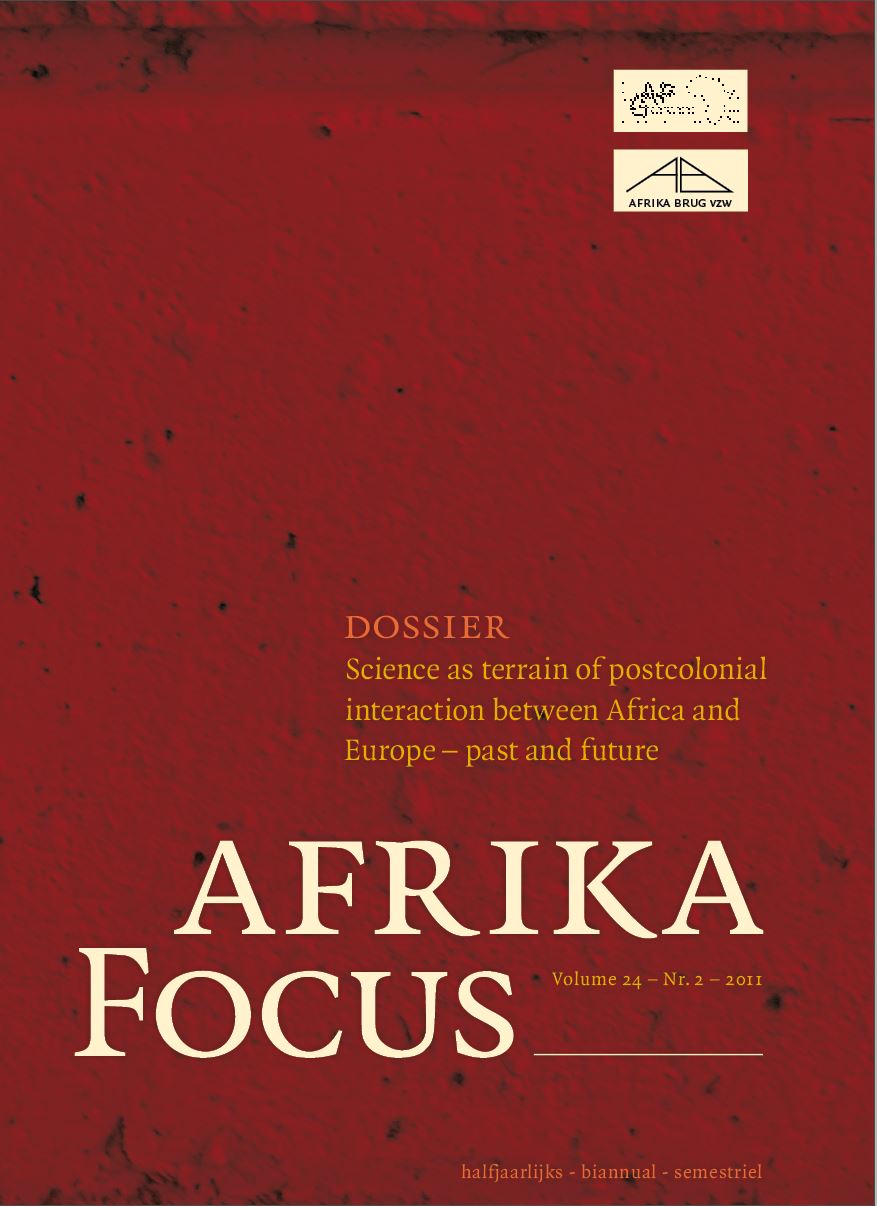Building intellectual bridges: from African studies and African American studies to Africana studies in the United States
DOI:
https://doi.org/10.21825/af.v24i2.5000Abstract
The study of Africa and its peoples in the United States has a complex history. It has involved the study of both an external and internal other, of social realities in Africa and the condition of people of African descent in the United States. This paper traces and examines the complex intellectual, institutional, and ideological histories and intersections of African studies and African American studies. It argues that the two fields were founded by African American scholar activists as part of a Pan-African project before their divergence in the historically white universities after World War II in the maelstrom of decolonization in Africa and civil rights struggles in the United States. However, from the late 1980s and 1990s, the two elds began to converge, a process captured in the development of what has been called Africana studies. The factors behind this are attributed to both demographic shifts in American society and the academy including increased African migrations in general and of African academics in particular fleeing structural adjustment programs that devastated African universities, as well as the emergence of new scholarly paradigms especially the field of diaspora studies. The paper concludes with an examination of the likely impact of the Obama era on Africana studies. Key words: African studies, African American studies, African diaspora studies, Africana studiesDownloads
Published
How to Cite
Issue
Section
License
Authors who publish with this journal agree to the following terms
Authors retain copyright and grant the journal right of first publication with the work simultaneously licensed under a Creative Commons Attribution License that allows others to share the work with an acknowledgement of the work's authorship and initial publication in this journal.
Authors are able to enter into separate, additional contractual arrangements for the non-exclusive distribution of the journal's published version of the work (e.g., post it to an institutional repository or publish it in a book), with an acknowledgement of its initial publication in this journal.
Authors are permitted and encouraged to post their work online (e.g., in institutional repositories or on their website) prior to and during the submission process, as it can lead to productive exchanges, as well as earlier and greater citation of published work (See The Effect of Open Access).


